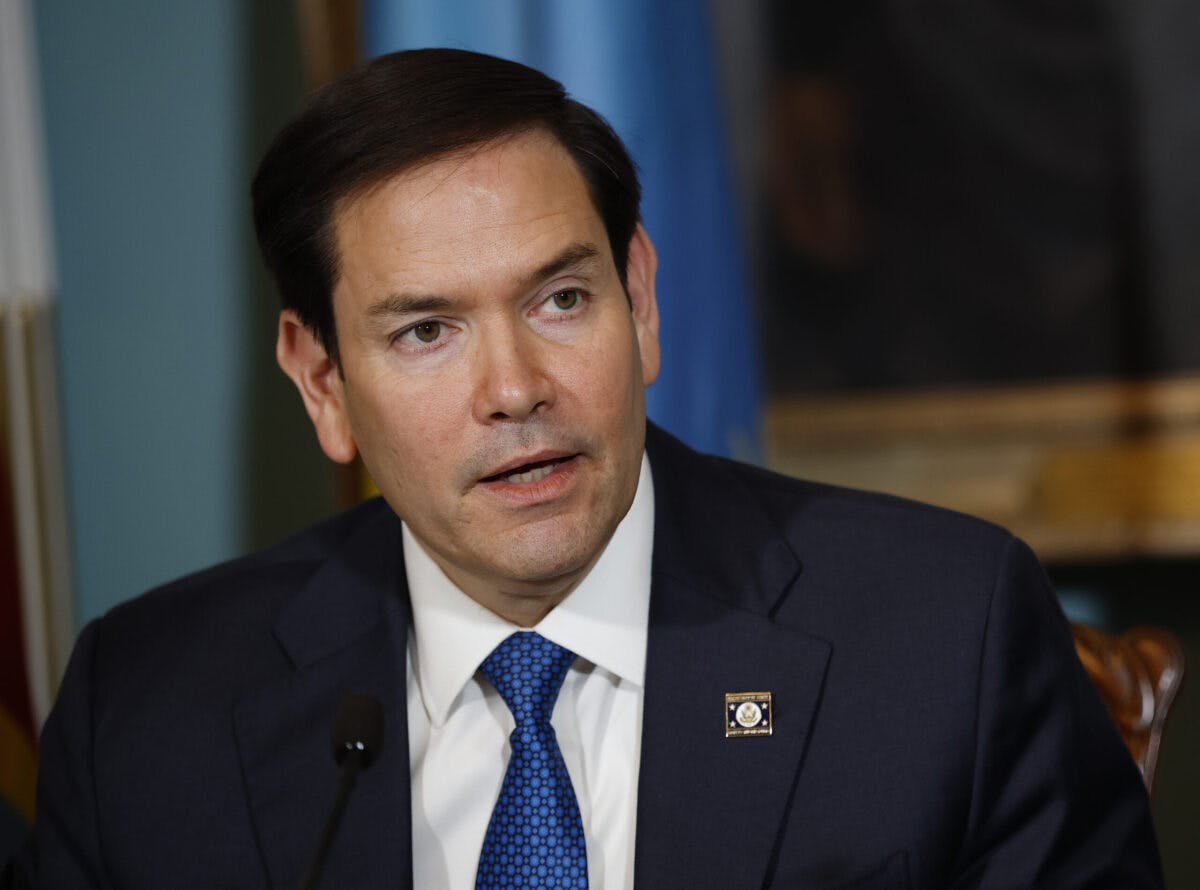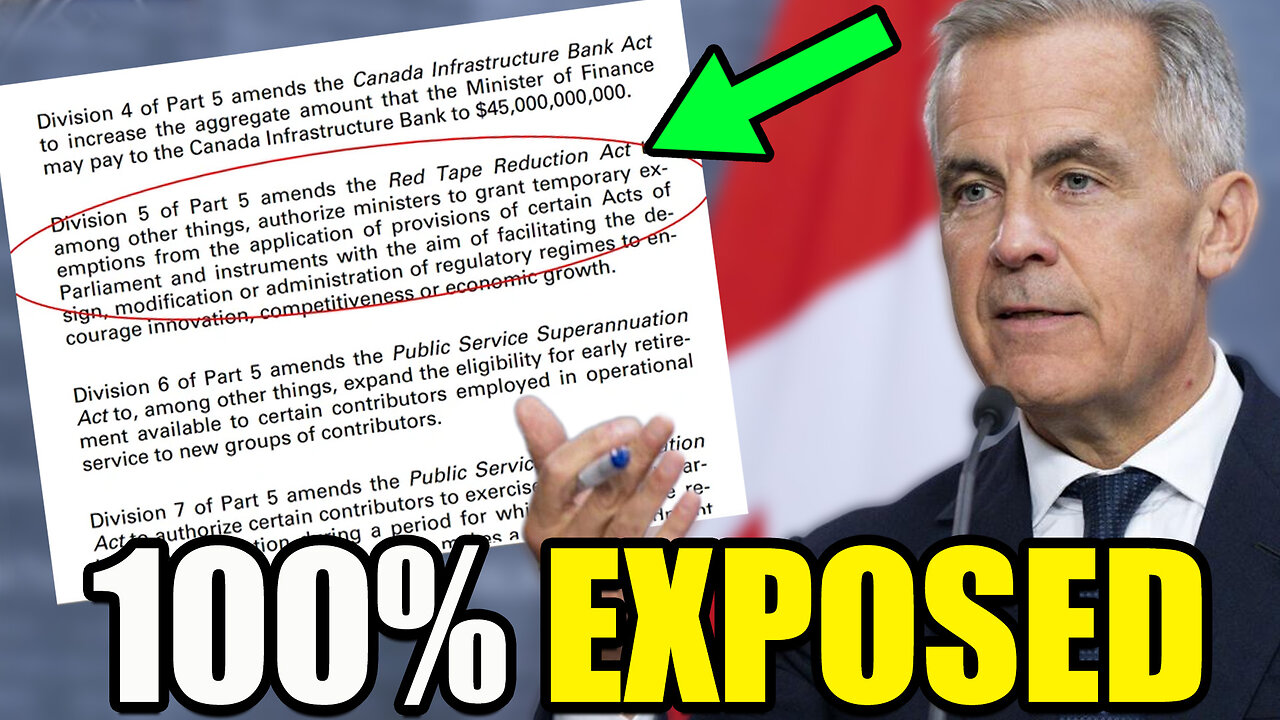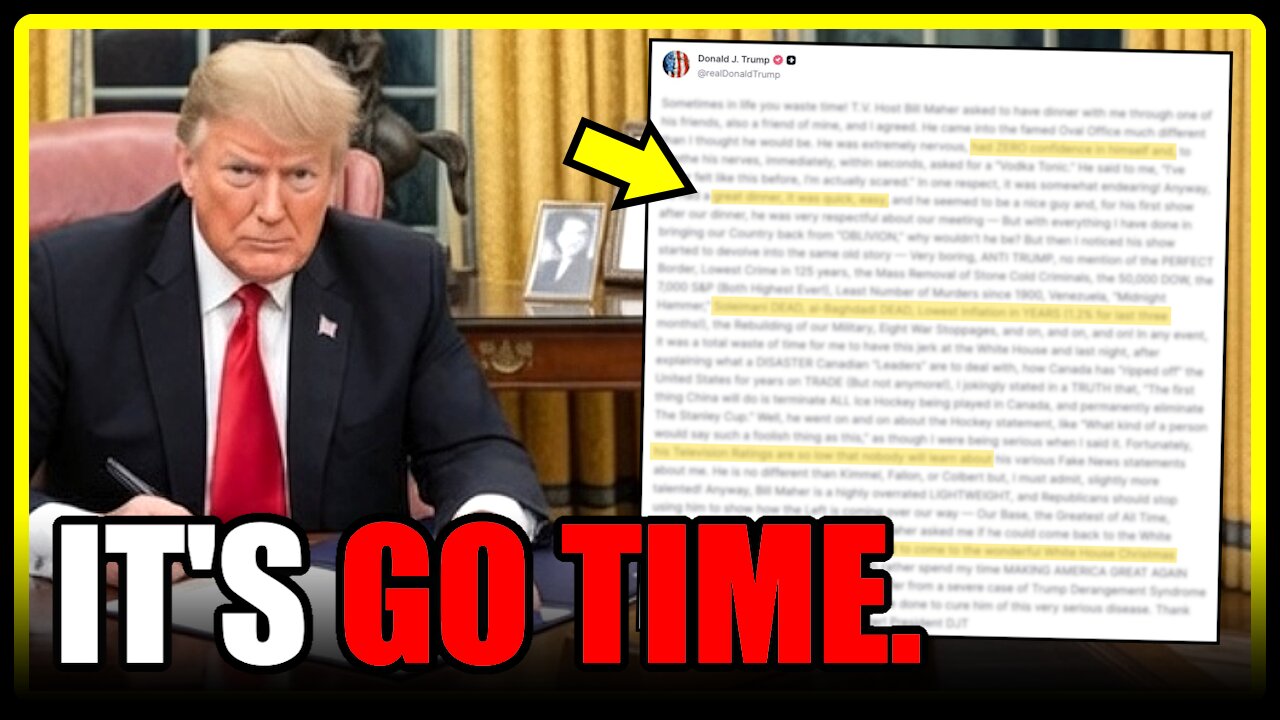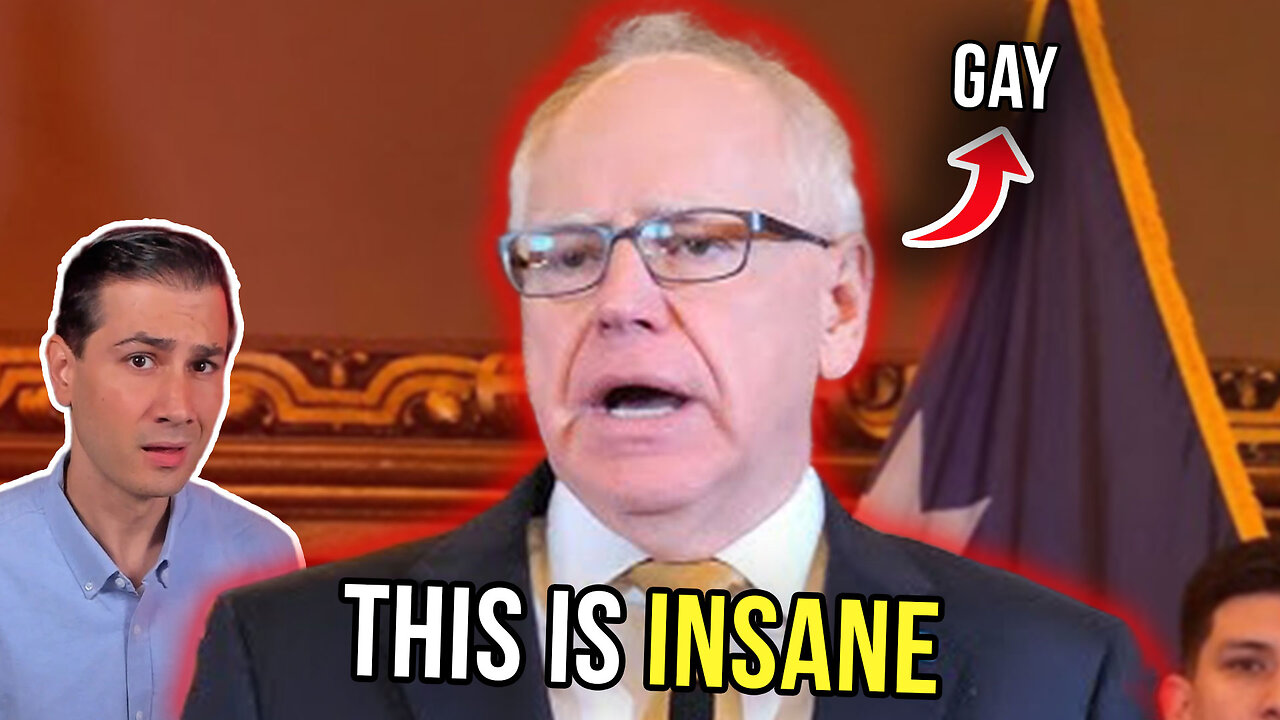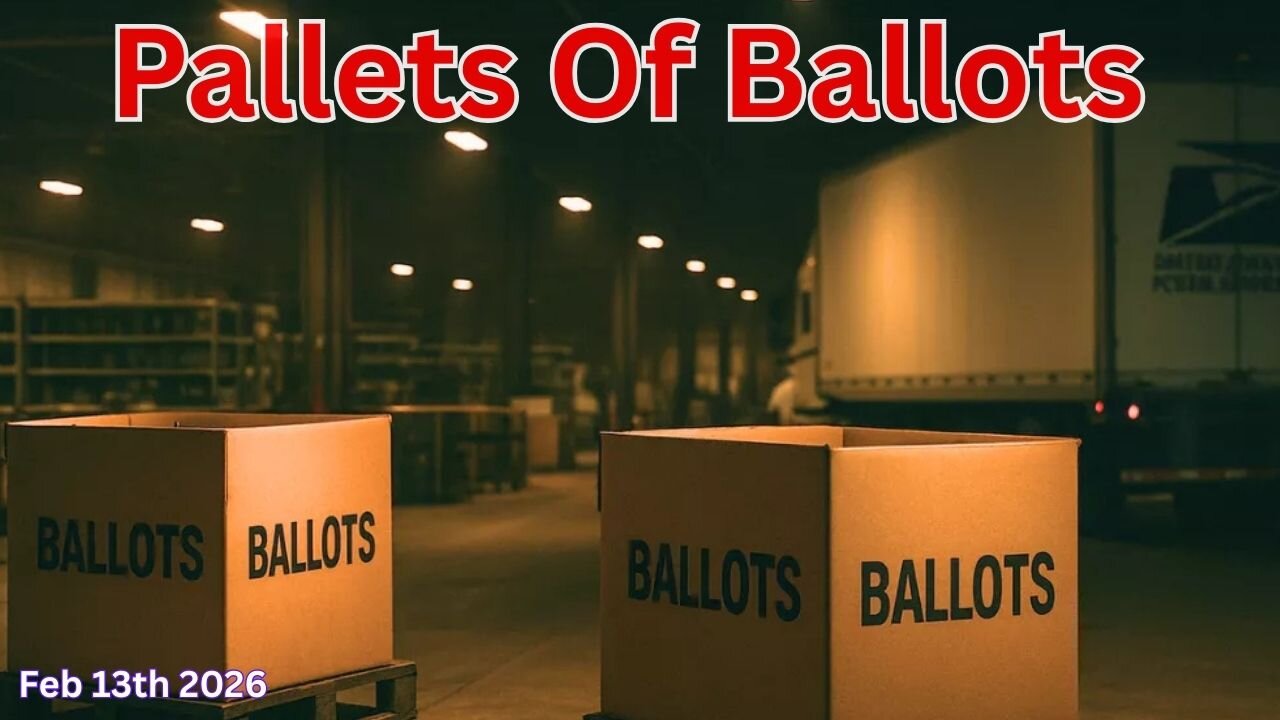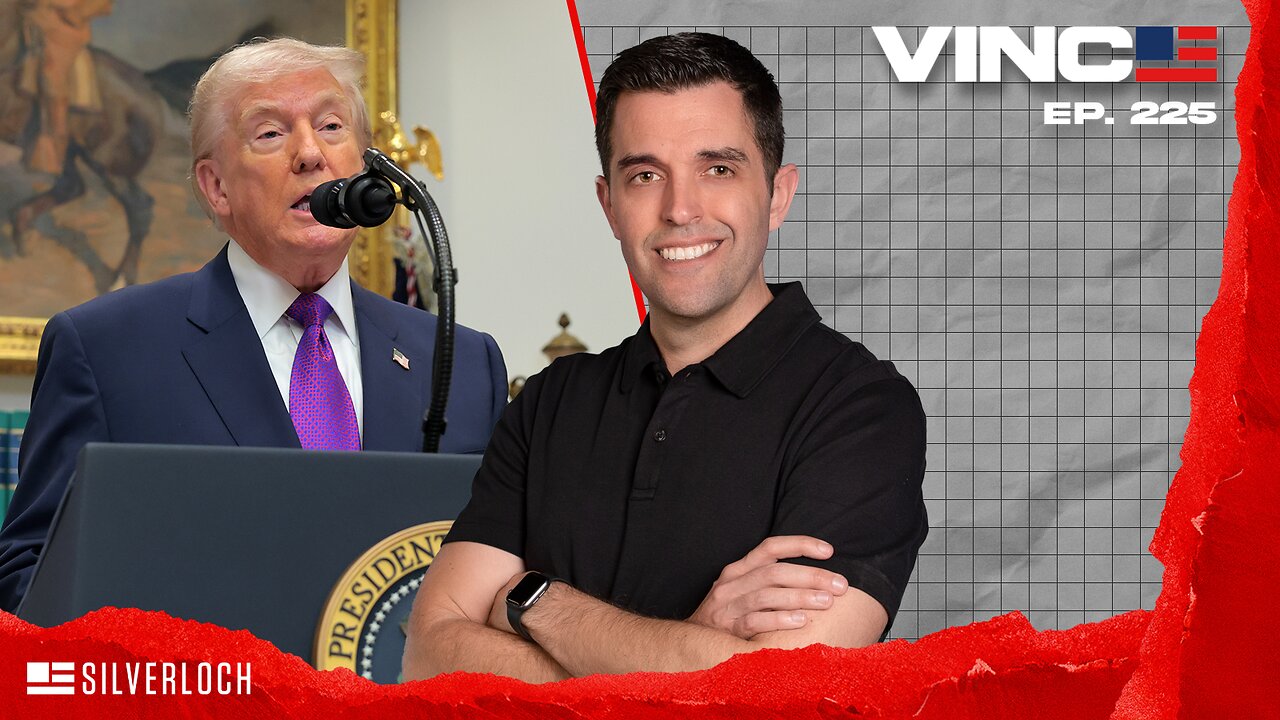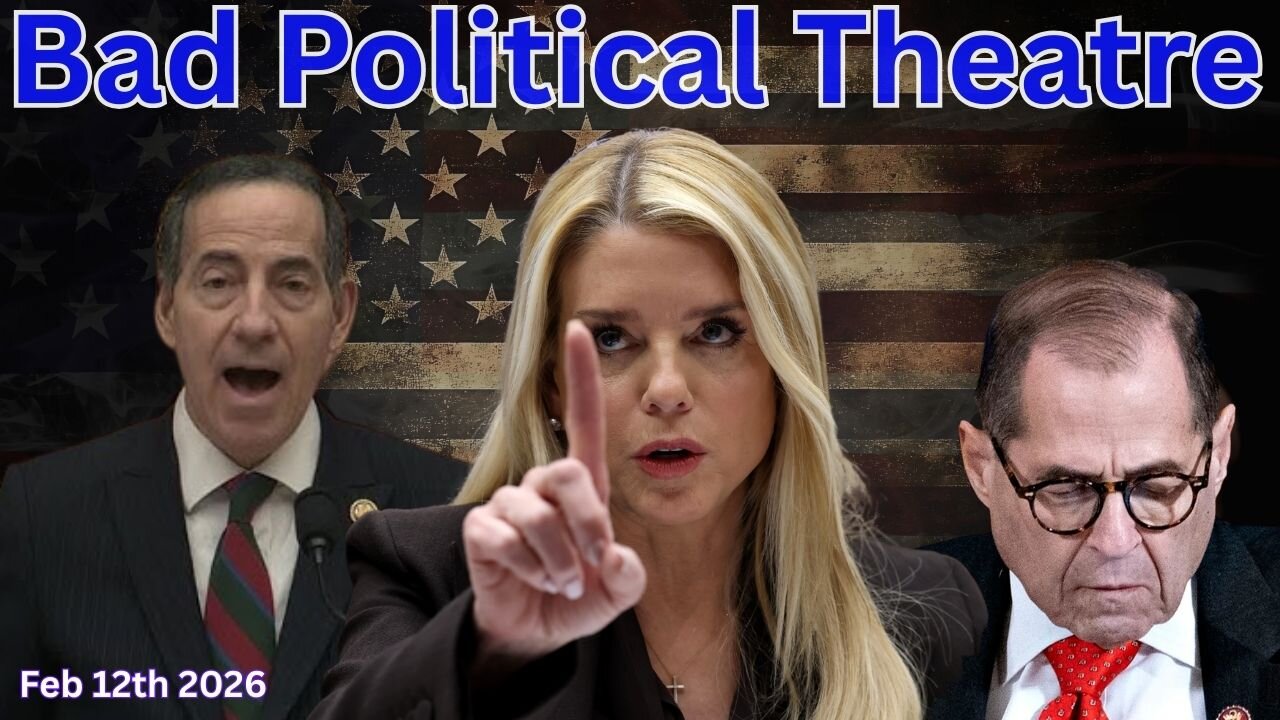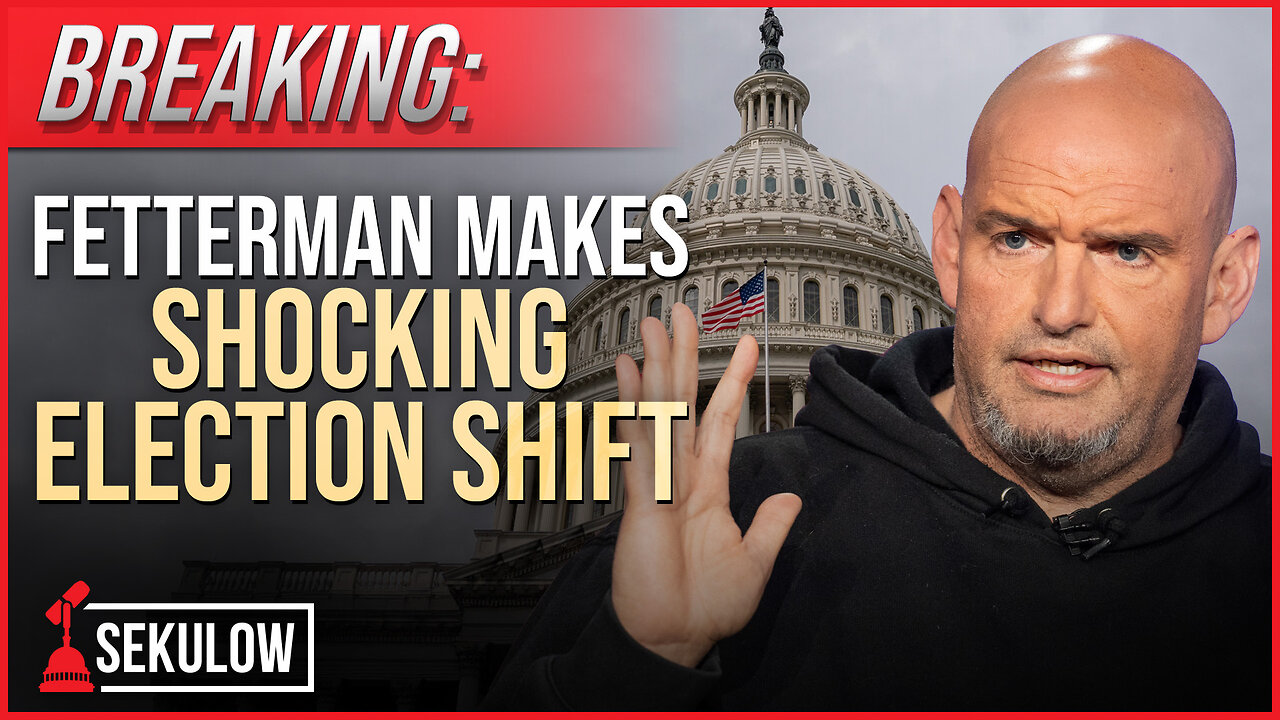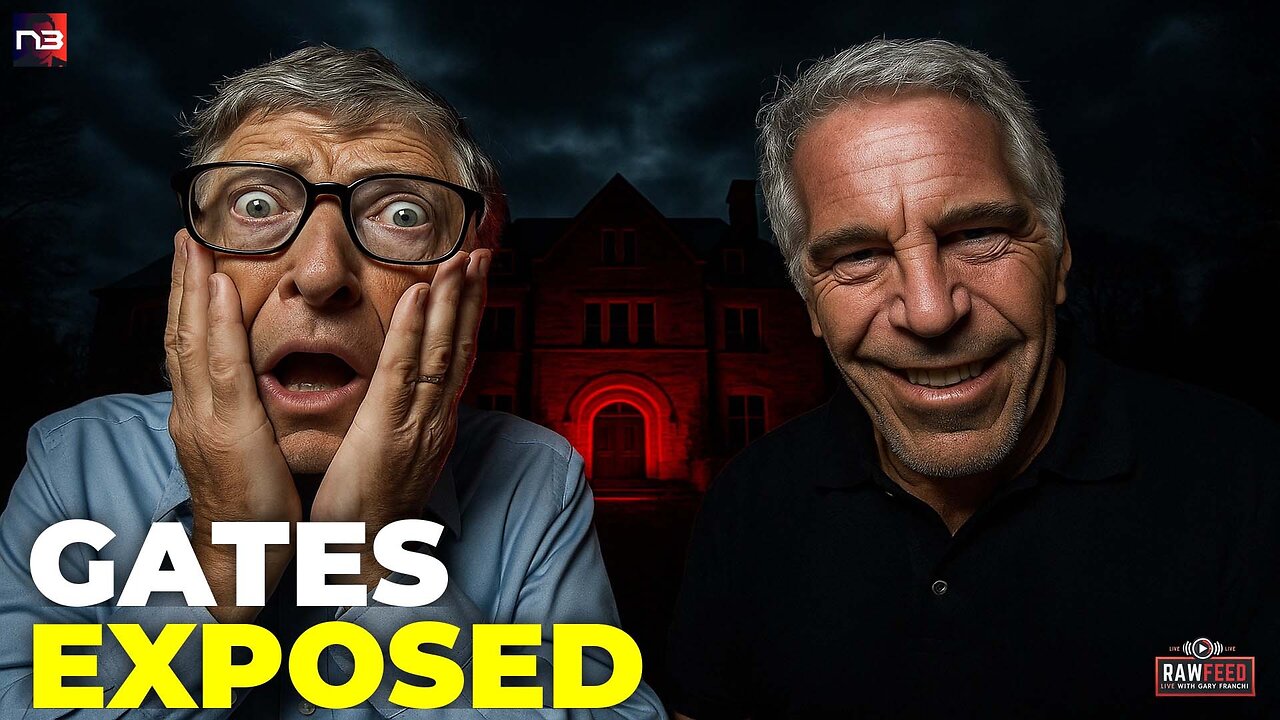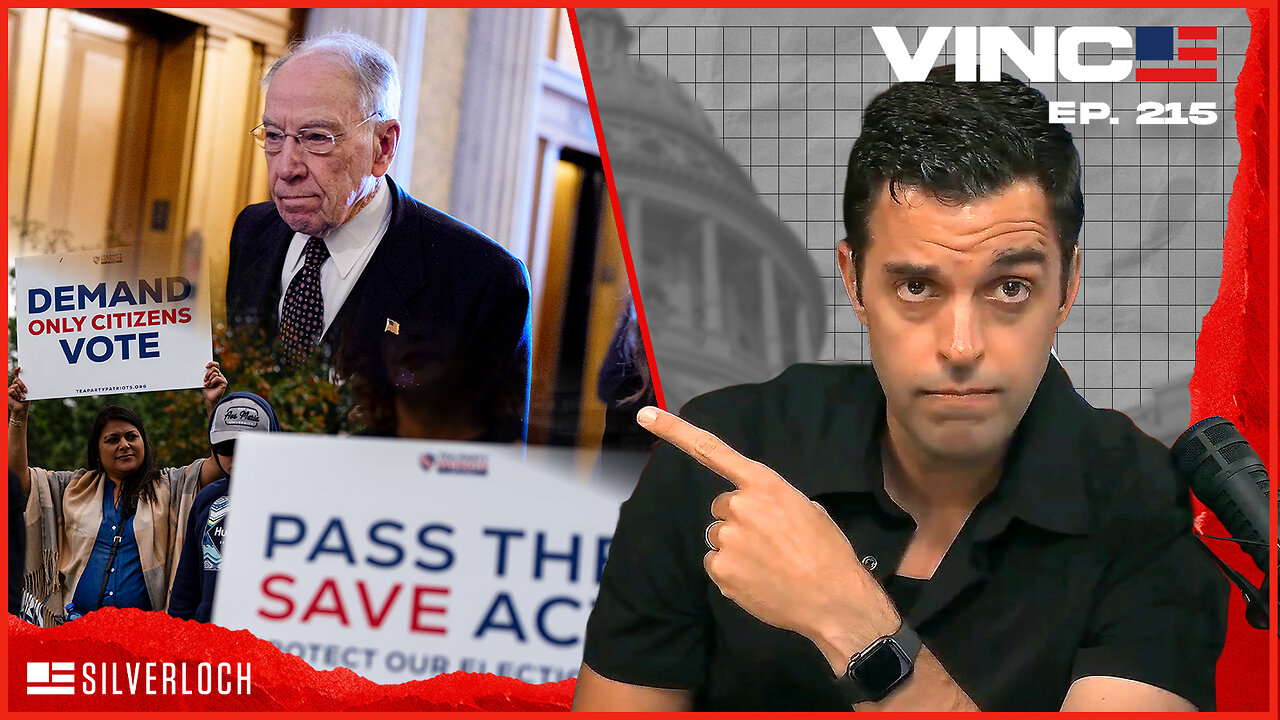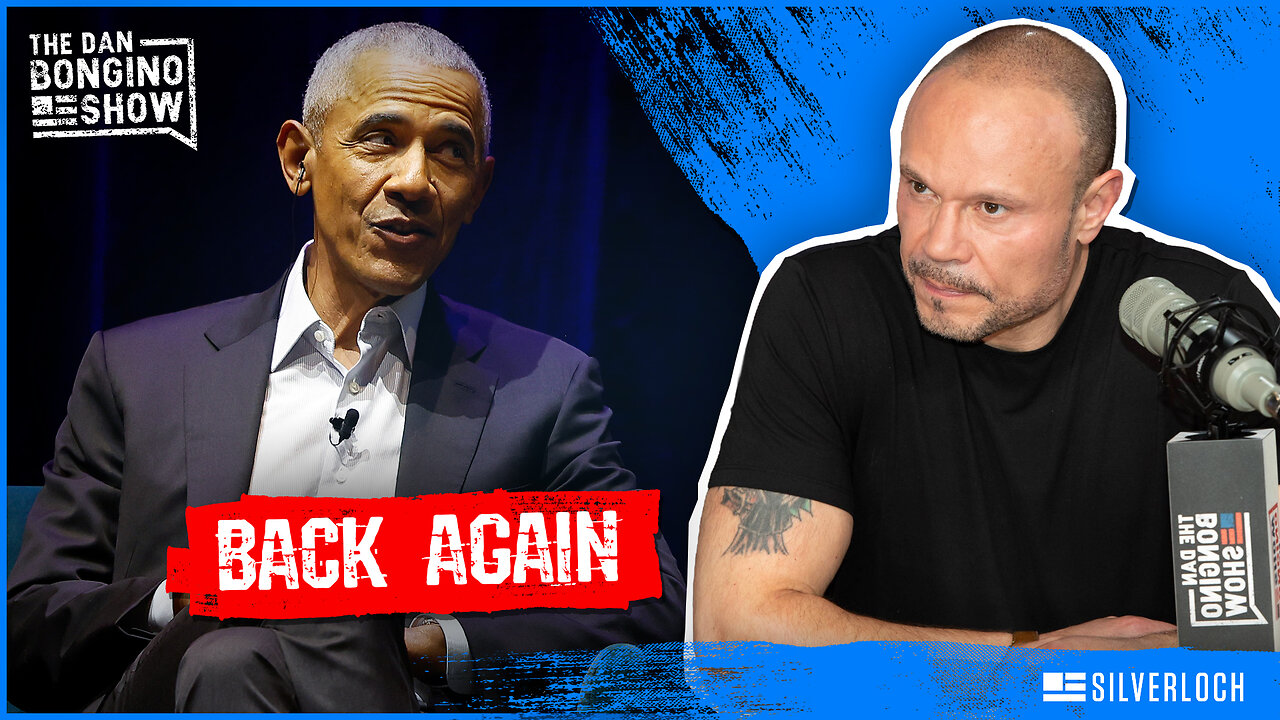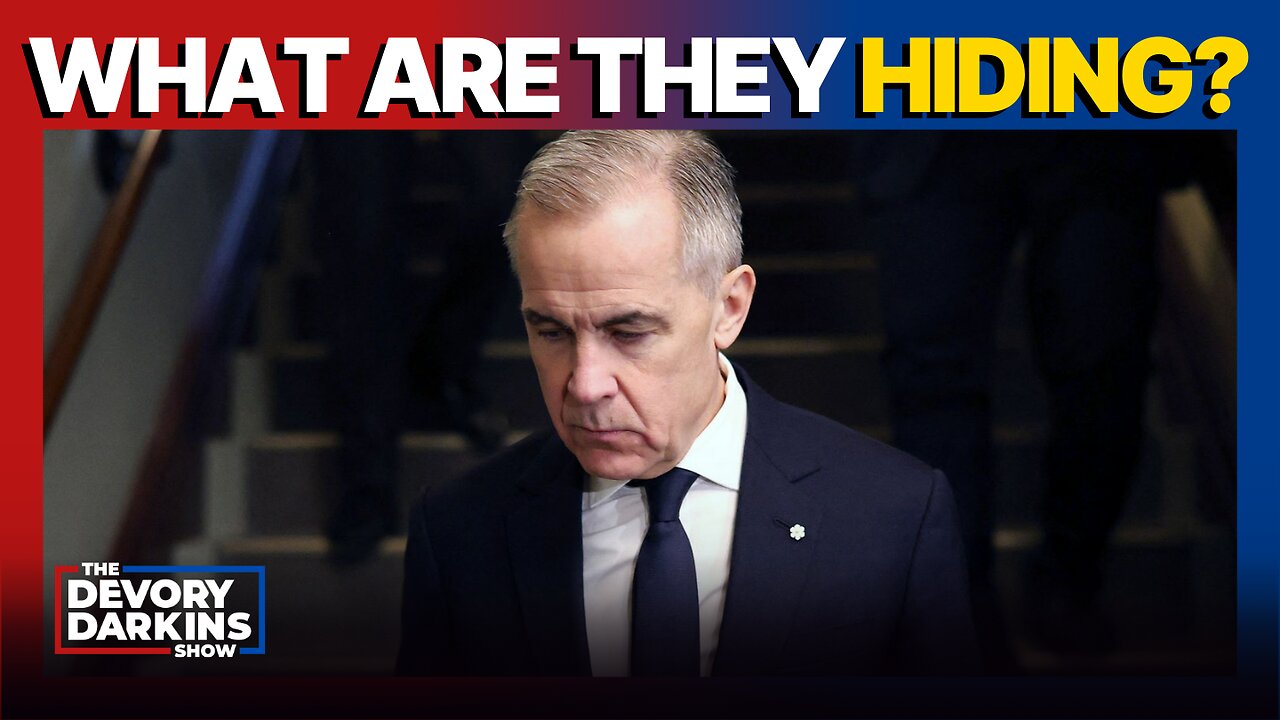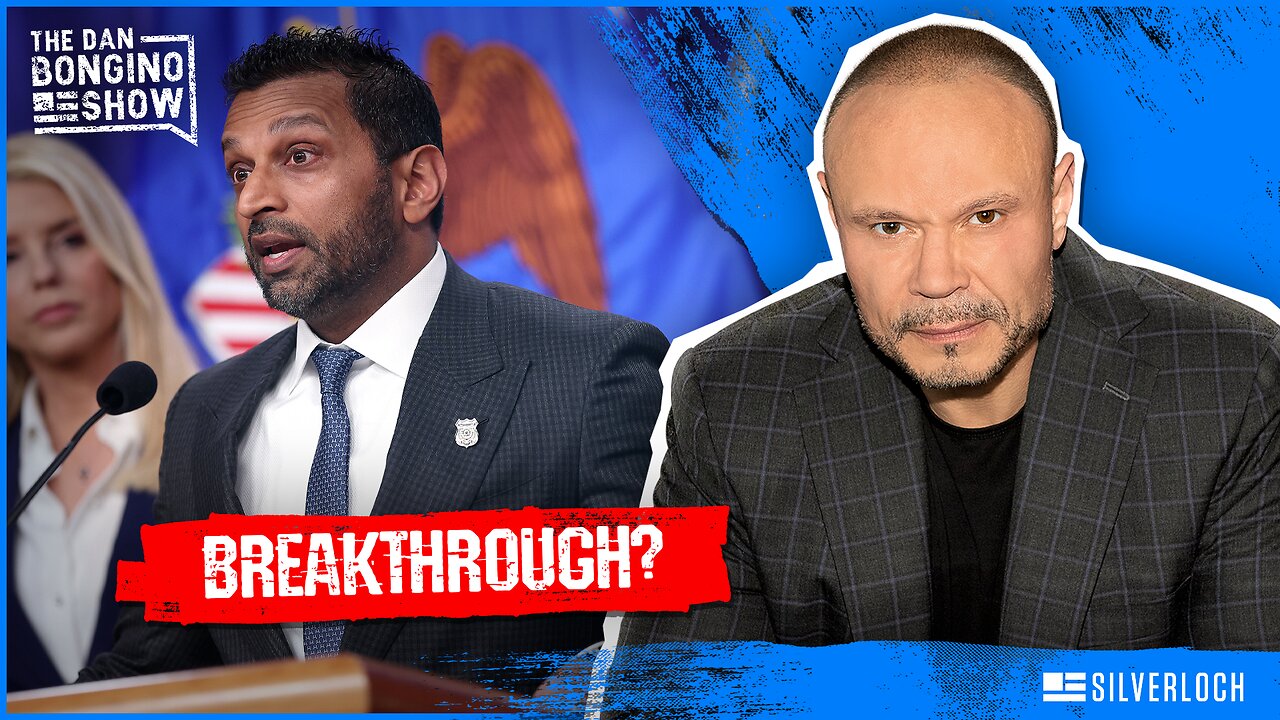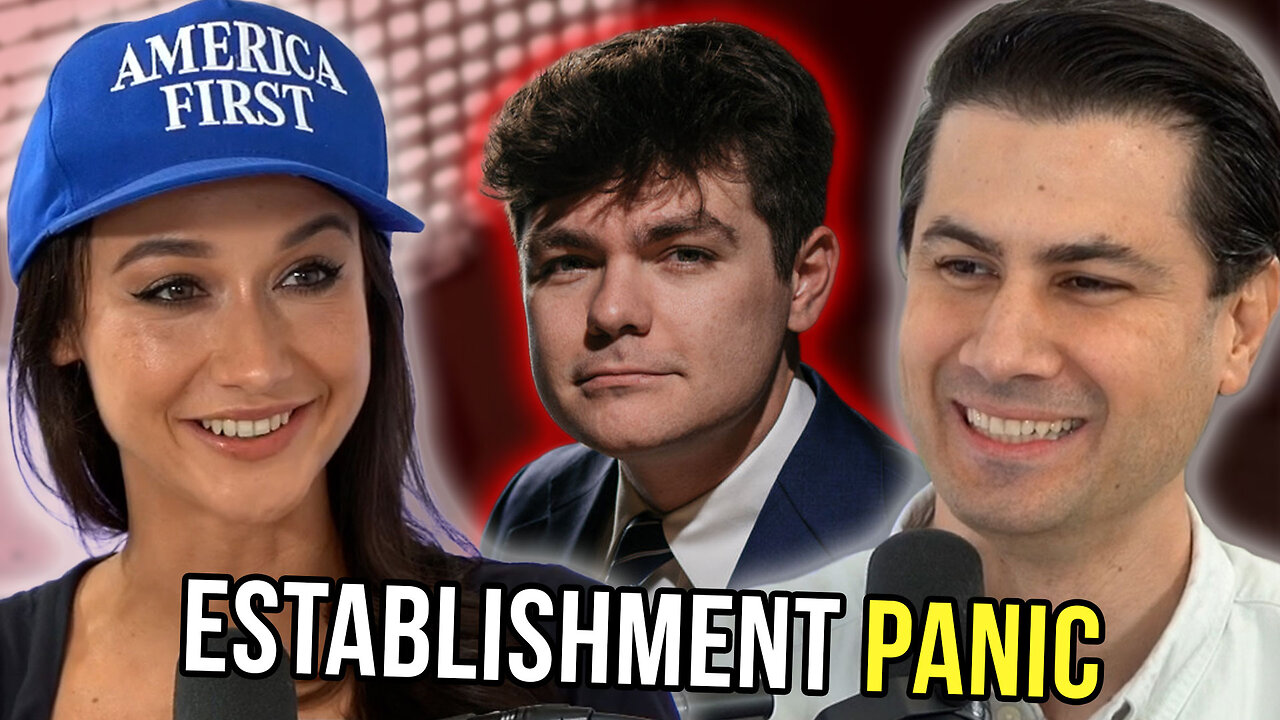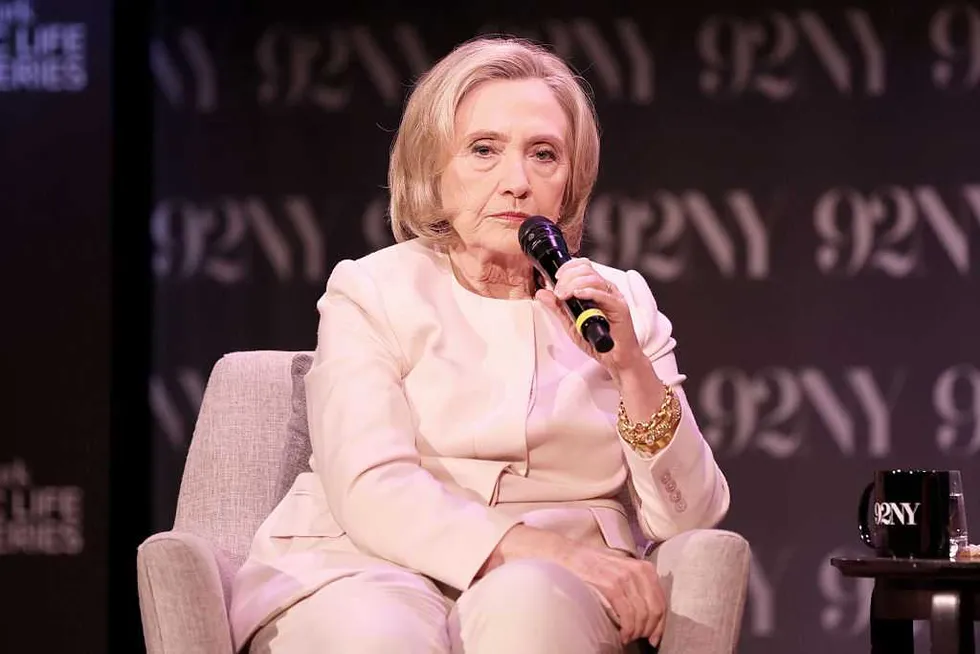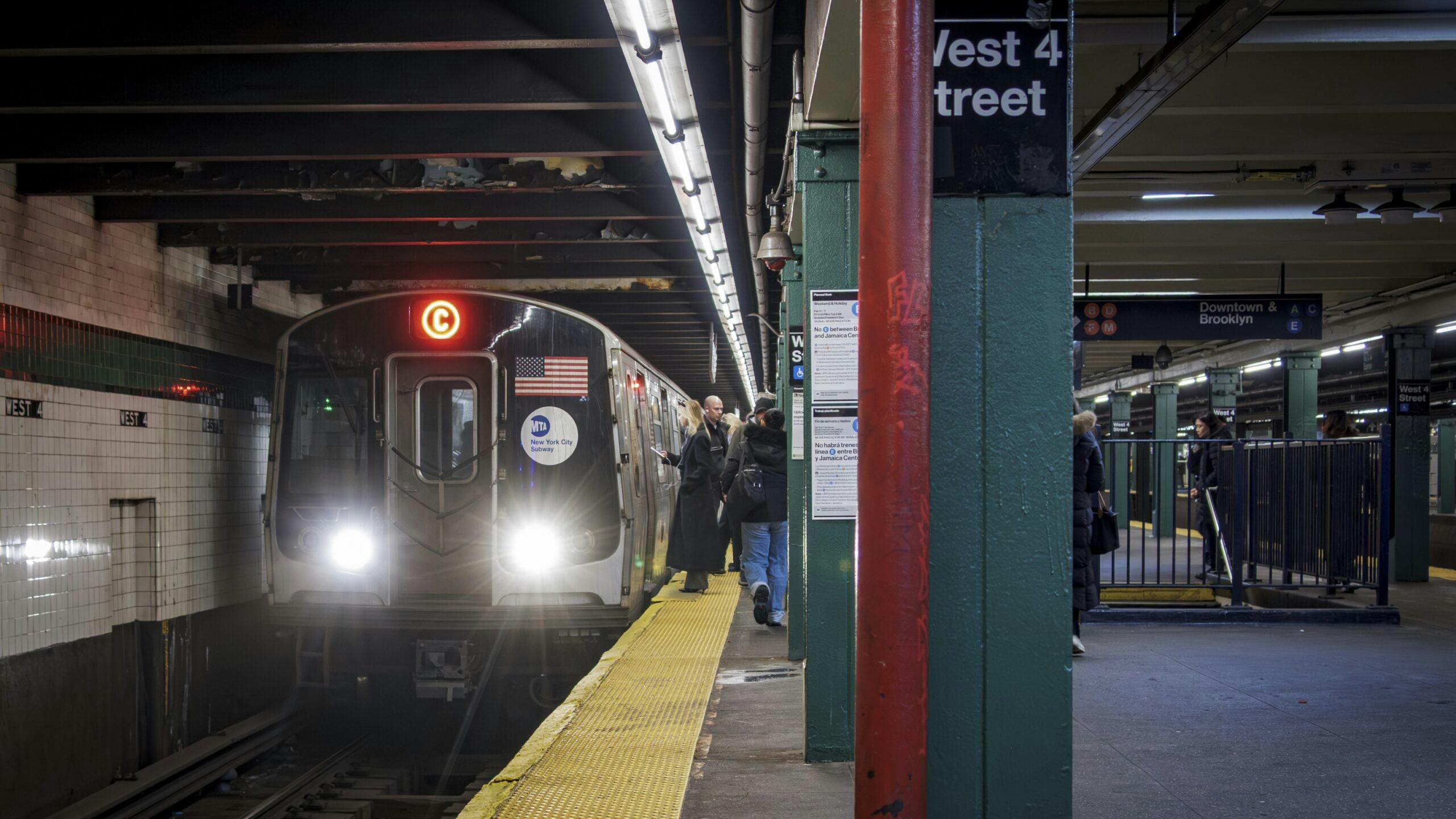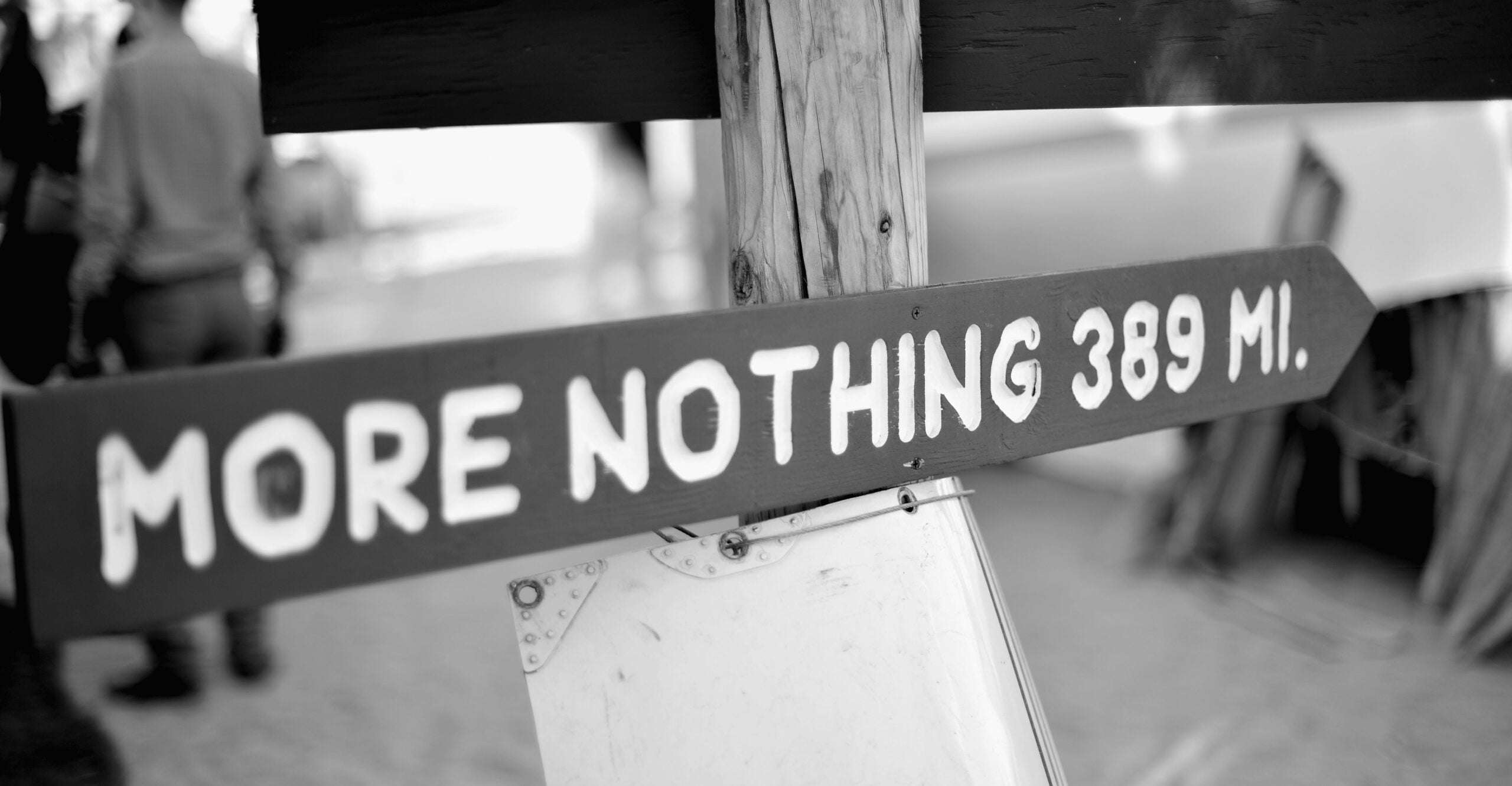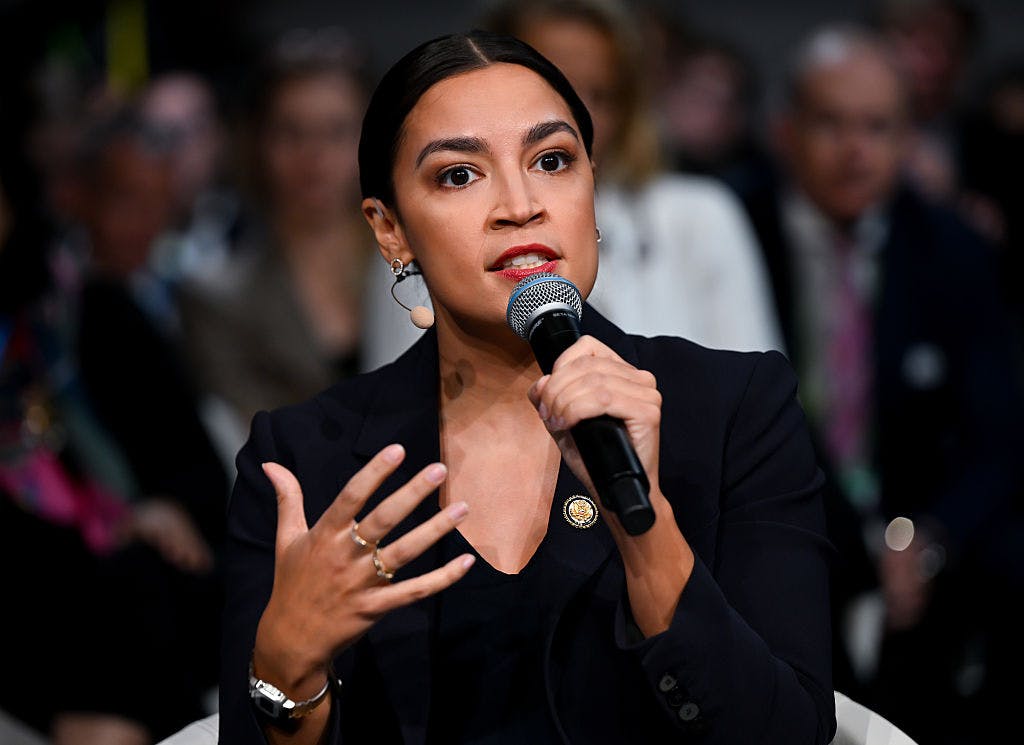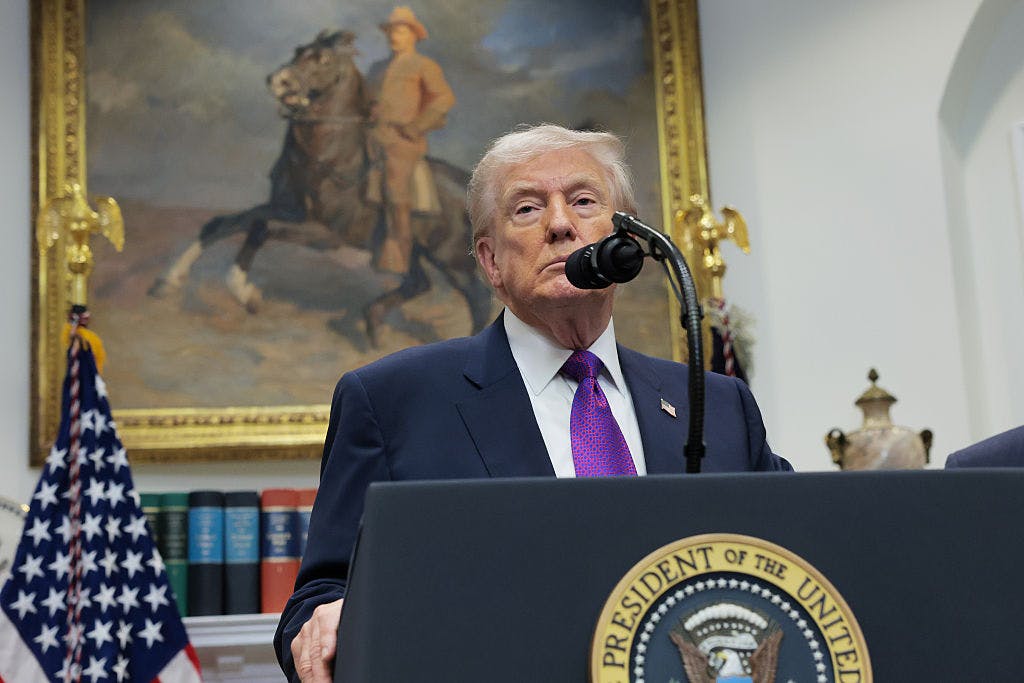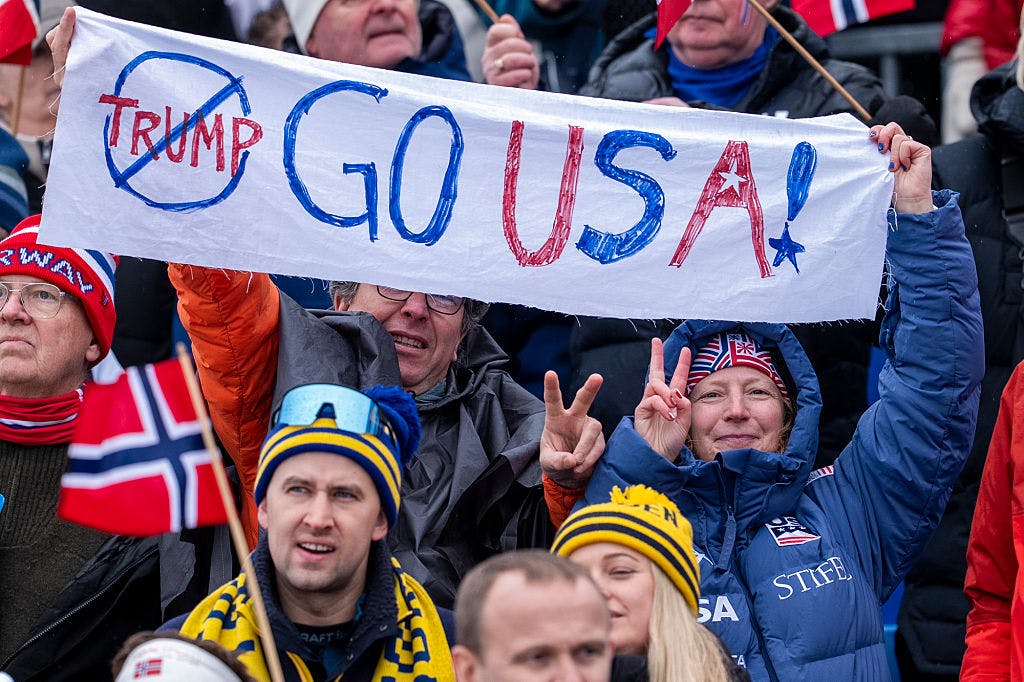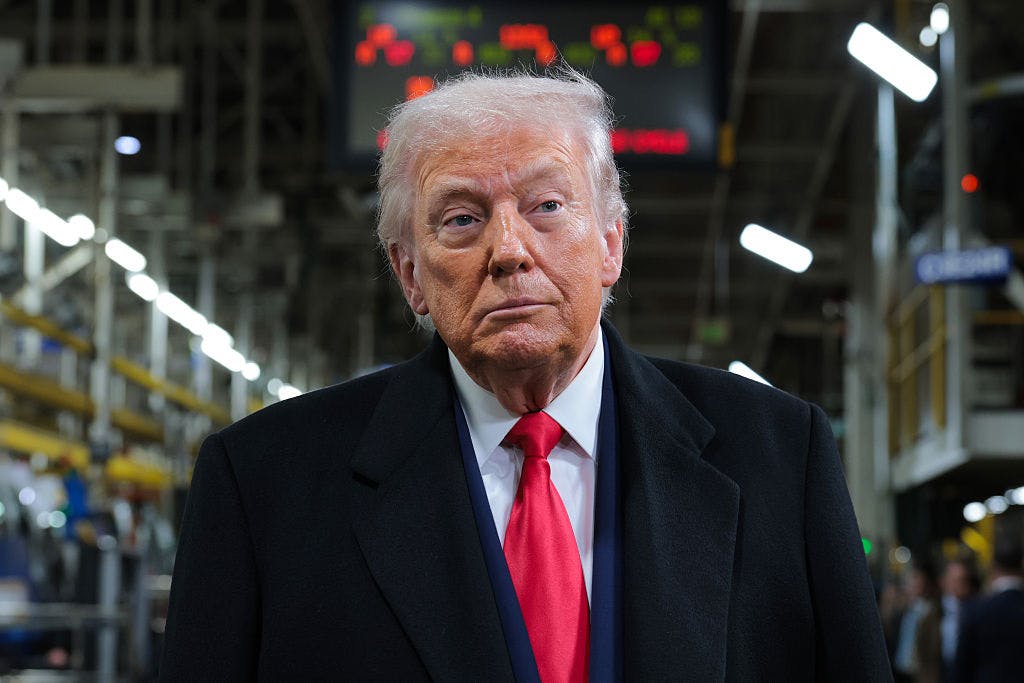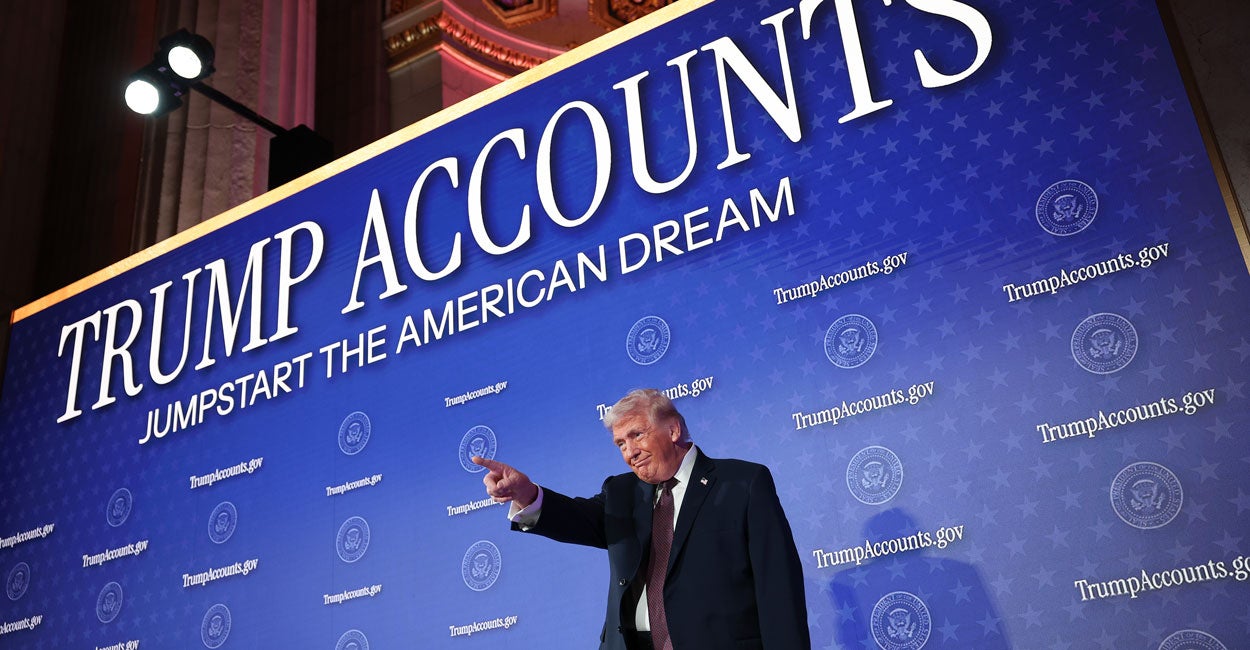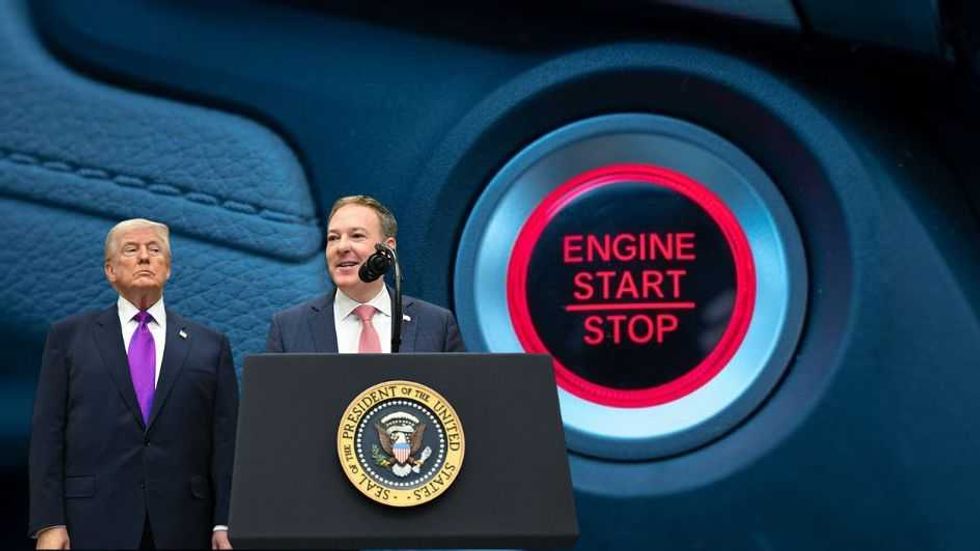Analysis: How diversity dogma and H-1B visas sank a proud American brand
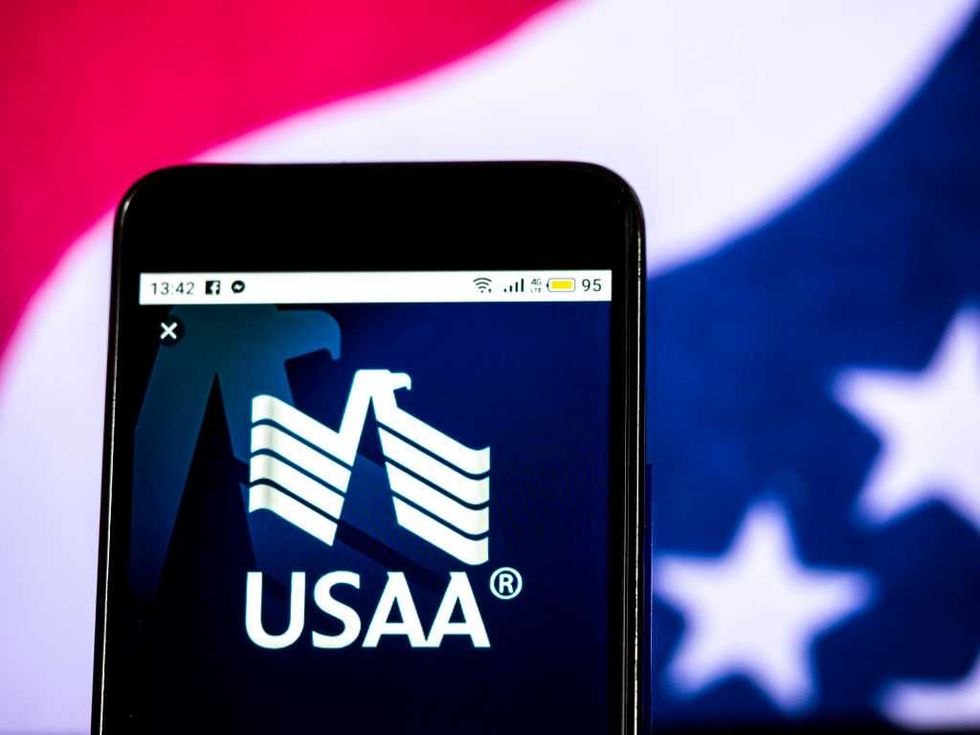
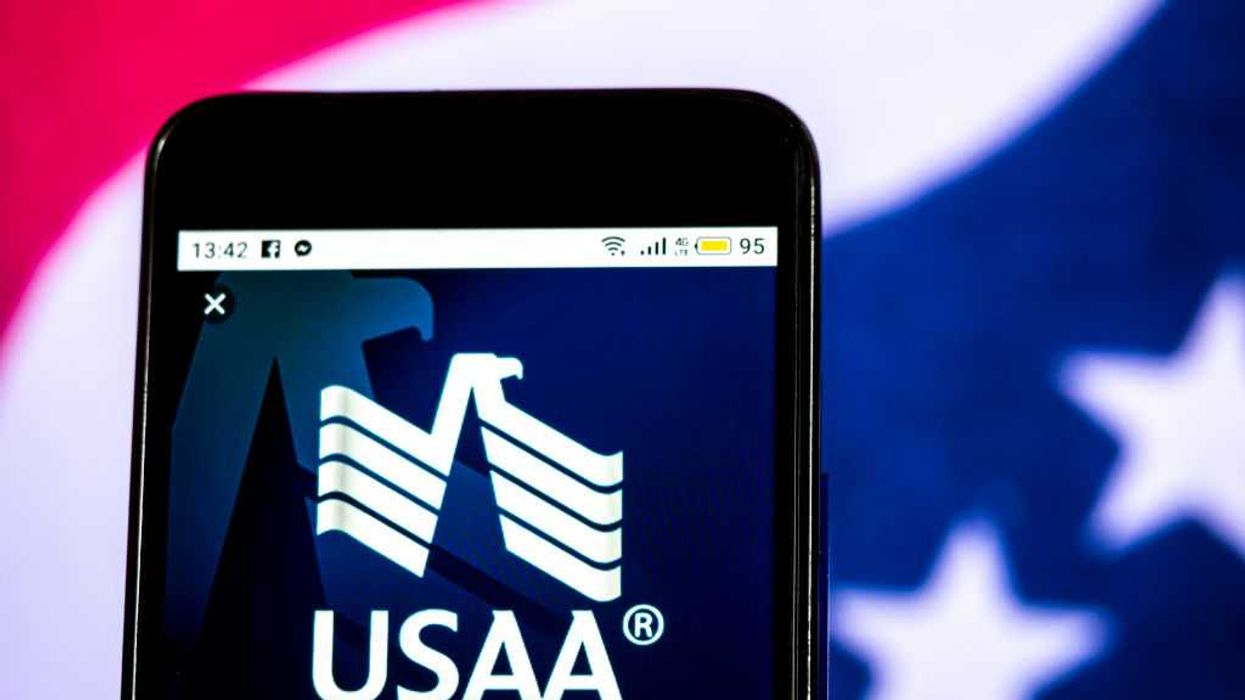
The United Services Automobile Association is one of the most venerable names in banking and insurance, a company that prides itself on its service to members of the military and their families. In recent years, however, USAA has run into serious financial trouble due to a combination of mismanagement, fashionable diversity, equity, and inclusion policies, and the firm’s increasing reliance on incompetent and untrustworthy H-1B workers, most of whom are from India.
Live Your Best Retirement
Fun • Funds • Fitness • Freedom
A significant number of current and former USAA employees have come forward to discuss what they describe as a toxic workplace culture, which has led to an alarming number of employee suicides, and the company's outsourcing of critical functions to H-1Bs and Indian consultancies, putting at risk the financial data of its customers, which include high-ranking members of the U.S. armed forces.
What began as a cost-cutting strategy in the early 2000s now threatens the stability of an institution long trusted by veterans.
Insiders granted anonymity to avoid retaliation say USAA’s decline began in the 2000s under then-CEO Robert G. Davis, who outsourced IT and other core functions to H-1B contracting firms such as Tata Consultancy Services. Those firms imposed contracts requiring USAA to maintain minimum staffing levels, creating chronic overstaffing. Idle contractors were reportedly assigned “busywork” to meet quotas, with conference rooms converted into laptop farms where workers sat “packed like sardines.”
One insider described the result as “incredibly incompetent” operations. Projects that U.S.-based employees could complete on time were instead handed to H-1B contractors who often lacked the necessary skills and required retraining.
From cost-cutting to collapse
At the same time, USAA repeatedly laid off American staff and replaced them with foreign workers, driving labor costs higher and eroding institutional knowledge. Davis retired abruptly in 2007, but his successors continued his policies, expanding USAA’s offshore footprint with new IT centers in Guadalajara, Mexico, and Chennai, India.
Insiders say H-1B contractors at USAA often lack basic programming skills, compounding inefficiency. In one case, a credit card processing problem baffled contractors for six months until the company brought back a retired American employee, who solved the problem in a matter of days. The constant visa turnover worsens the issue. Skilled H-1Bs leave after six years, draining institutional knowledge. Turnover is even higher at USAA’s Guadalajara facility, where Indian employees reportedly fear cartel violence.
Bureaucratic bloat magnifies these problems. Each team has dual directors, and many systems rely on outdated software. That dysfunction has drawn scrutiny from federal regulators, who fined USAA for failed audits and violations of anti-money-laundering laws. Those failures forced the company to sell off divisions, including real estate, and pushed USAA into persistent losses through much of the decade.
Customers have also felt the effects. Many complain that poorly trained H-1B staff struggle to handle basic service requests. One customer said resolving a fraud alert took hours — and that he now contacts USAA’s top executives directly to get results.
Security risks and cultural decay
USAA’s growing dependence on H-1B contractors and overseas labor has created potential security and compliance risks, according to multiple insiders. The company has outsourced anti-money laundering work to Tata Consultancy Services, which reportedly performs much of that work in India. As a result, the personal financial data of U.S. service members and veterans may be stored or processed abroad.
USAA also shares customer data — including names, addresses, and birth dates — with LexisNexis, with no option for customers to opt out. One customer said he only discovered this practice after receiving a notice in the mail.
RELATED: The visa that ate America’s tech jobs
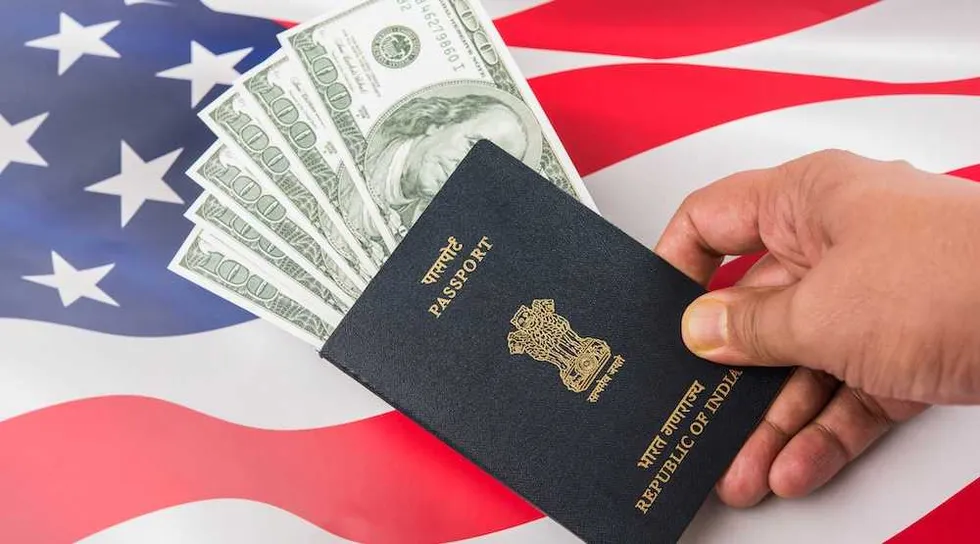 subodhsathe via iStock/Getty Images
subodhsathe via iStock/Getty Images
Inside the company, these policies have coincided with a marked decline in morale. Mass layoffs of veteran employees have preceded at least three suicides, including one who shot himself in a company parking lot. A former director described intervening to stop another potential suicide. Tensions intensified during the COVID-19 pandemic, when USAA defied Texas Republican Gov. Greg Abbott’s executive order banning vaccine mandates.
Employees describe a sharp cultural shift away from USAA’s traditional military ethos toward a mishmash of corporate diversity programming. The company has hosted Diwali celebrations and mandatory DEI events while facing allegations of religious discrimination against Christian employees. One former employee has taken a case to arbitration. Internal surveys reportedly show employee satisfaction at just 33%.
An institution on the brink
Analysts say the company’s reliance on foreign labor and internal instability have eroded its reputation for customer service and financial stewardship. What began as a cost-cutting strategy in the early 2000s now threatens the stability of an institution long trusted by veterans.
Whether USAA can recover will depend on its ability to restore confidence — both among employees and the members it was established to serve.
Originally Published at Daily Wire, Daily Signal, or The Blaze
What's Your Reaction?
 Like
0
Like
0
 Dislike
0
Dislike
0
 Love
0
Love
0
 Funny
0
Funny
0
 Angry
0
Angry
0
 Sad
0
Sad
0
 Wow
0
Wow
0
